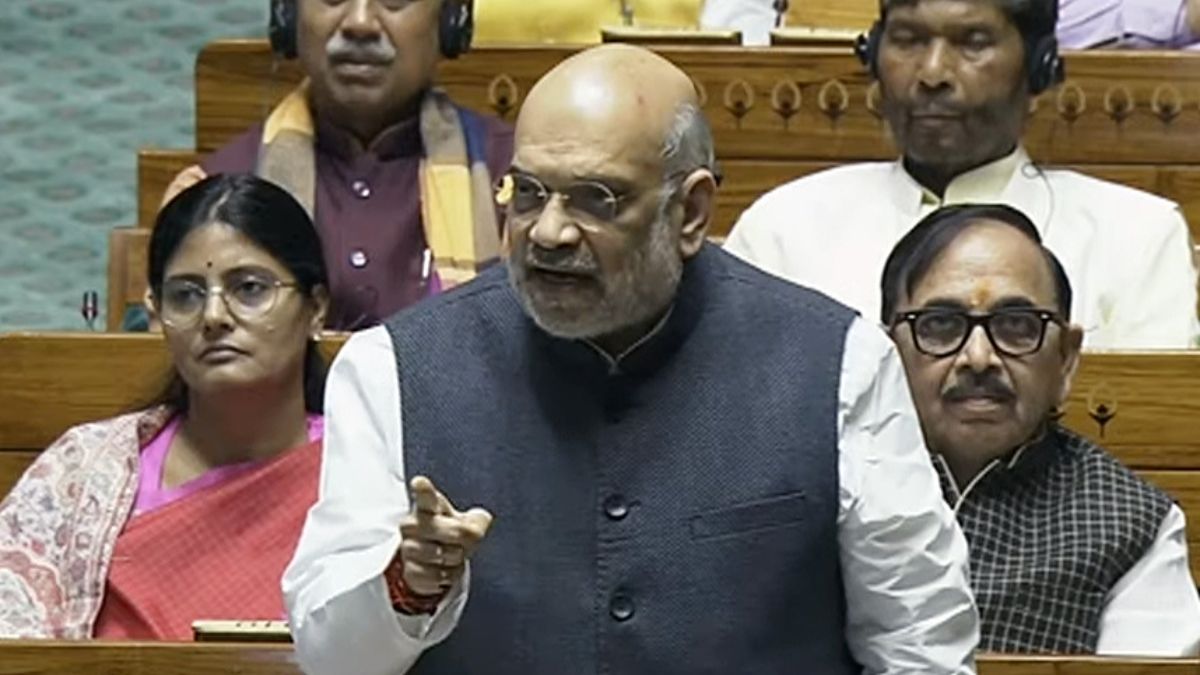
The Lok Sabha has recently passed new criminal code bills, and it has been conveyed to Parliament that doctors are now exempt from criminal prosecution in instances of death resulting from medical negligence, thereby reducing the severity of punishment in such cases.
Under Clause 106 of the Bharatiya Nyaya (Second) Sanhita, 2023, aiming to replace the IPC, the offence of “causing death by negligence” carries a penalty of up to five years of imprisonment and a fine. However, an official amendment has been introduced by the Central government, specifying that “If such an act is done by a registered medical practitioner while performing a medical procedure, he shall be punished with imprisonment of either description for a term which may extend to two years and shall also be liable to fine.”
Additionally, an amendment has been made in the Bharatiya Nagarik Suraksha (Second) Sanhita 2023 (a replacement for CrPC) to categorize the offence as “cognizable” and “bailable.” These changes constitute three official amendments.
The definition of a registered medical practitioner includes an individual holding a medical qualification recognised under the National Medical Commission Act, 2019, and whose name appears in either the National Medical Register or a State Medical Register.
The Federation of Resident Doctors’ Association acknowledged the decriminalisation of medical negligence by doctors, previously treated under non-culpable homicide (Sec- 304A), as a positive step toward aligning legal frameworks with the complexities of evolving healthcare.
“Medical negligence by doctors, previously categorised as non-culpable homicide (Sec- 304A), has been officially decriminalised. A positive step toward aligning legal frameworks with evolving healthcare complexities,” the Association stated in a social media post on X.
Expressing support for the legislative change, Arvinder Singh Soin, a veteran liver transplant surgeon based in Delhi, highlighted the significance of decriminalising medical negligence, stressing that doctors are not criminals. He applauded the Home Minister for this landmark bill, respecting the sentiments of the medical fraternity.
“Medical negligence to be decriminalised. Indeed. Doctors are not criminals! A justified crusade by the IMA has borne fruit. Must laud the Home Minister for this long-awaited landmark bill that respects the sentiments of the medical fraternity. We wake up each morning to make all our patients feel better,” Soin commented.
During the debate on the three new criminal code bills in the Lower House, Shah said, “Currently, if there is a death due to negligence of a doctor, it is treated as criminal negligence, almost akin to murder. Hence, I will bring an official amendment to free the doctors from this criminal negligence.”
The Union Home Minister also added that the amendment was brought following a request from the Indian Medical Association.